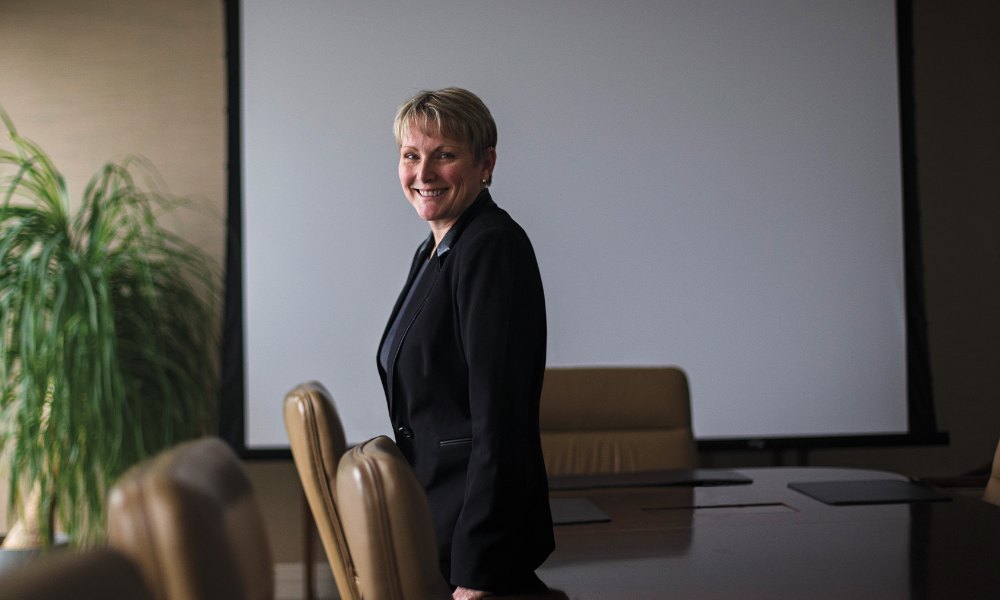Fees aren’t the only hurdle for investors whose needs aren’t being met, study suggests

Despite years of discussion and consultations in Canada, the question of whether embedded commissions should be banned in the country remains open. One of the more contentious points in the debate revolves around the possibility of an “advice gap,” with detractors of the ban saying that a fee-based model, as opposed to a commission-based one, would effectively put financial advice beyond the reach of lower-income households.
But according to a new report from the United Kingdom, conducted by online financial advice service OpenMoney in conjunction with YouGov, things might not be that simple.
“There’s a justifiable belief that traditional face-to-face financial advice is only accessible to those who have already accumulated wealth, typically those who are approaching or at retirement,” said OpenMoney CEO Anthony Morrow in the study titled The UK advice gap: are consumer needs for adviceand guidance being met? “Yet we don’t believe it’s all about price and wealth.”
Citing research conducted by Citizens Advice in 2015, Morrow pointed to four advice gaps affecting different types of consumers:
- The affordable advice gap, which involves consumers who are willing to pay for advice but think it is overpriced;
- The free advice gap, which affects people who are unable to pay for advice and have no awareness of or access to free services;
- The awareness and referral gap, which impacts people who do not know where they can obtain advice; and
- The preventative advice gap, which affects those who face non-money issues that can impact their financial position.
In an effort to build on that earlier effort, the study surveyed more than 2,000 British adults through an online poll. Aside from looking at respondents’ various financial and demographic profiles, it asked questions about their use, access to, and awareness of different types and sources of financial advice.
“[S]ince the Citizens Advice research in 2015, all except the preventative advice gap have widened,” the study said. “The free advice gap and the awareness and referral gap have both increased significantly.”
Based on the survey results, the study estimated that 19.8 million people in Great Britain have fallen into the free advice gap as of 2019, compared to an estimated 14.5 million in 2015. Over that same period, the awareness and referral gap has risen by some five million, from a projected 10 million to 15.2 million.
While the survey found ineligibility or a lack of awareness as a factor behind the gaps, it also found that respondents tended to not seek help for their financial problems: 64% said they don’t need help with money management or making financial decisions, while 69% reported not having spoken to anyone about their concerns.
The survey also found that respondents who have not paid for financial advice in the past few years were vastly likely to not do so in the future either, with just 11% saying they were either “likely” or “very likely” to pay for advice at some point. When asked what would change their minds, those who responded “not likely” pointed to factors such as faith in the positive impact of advice, trust in the advice, and its affordability.
Follow WP on Facebook, LinkedIn and Twitter



